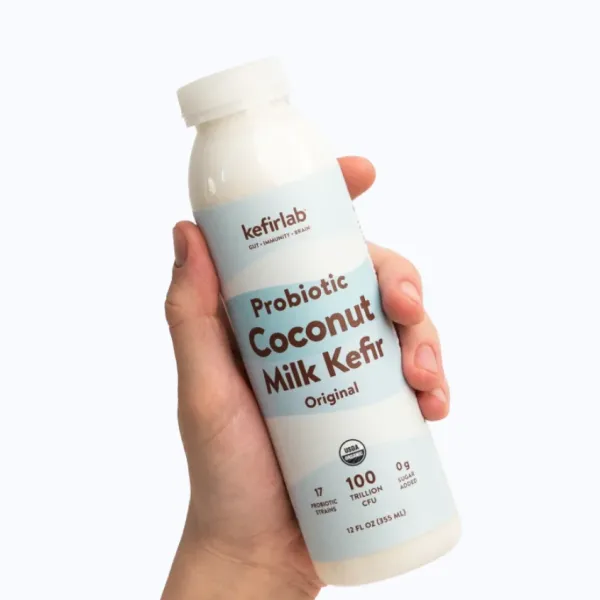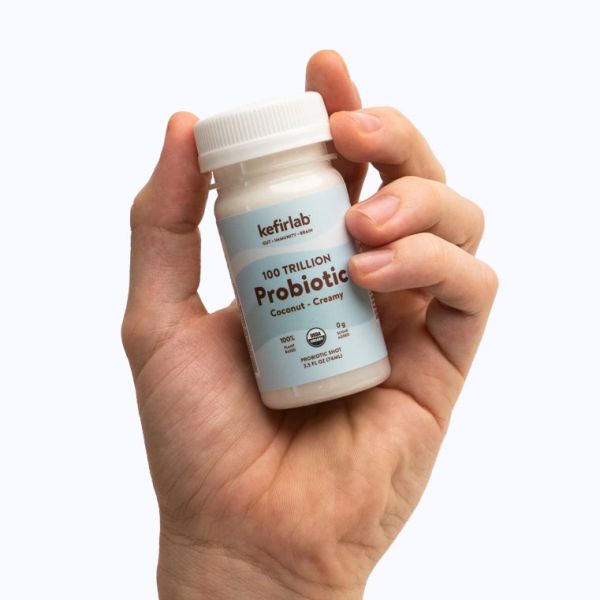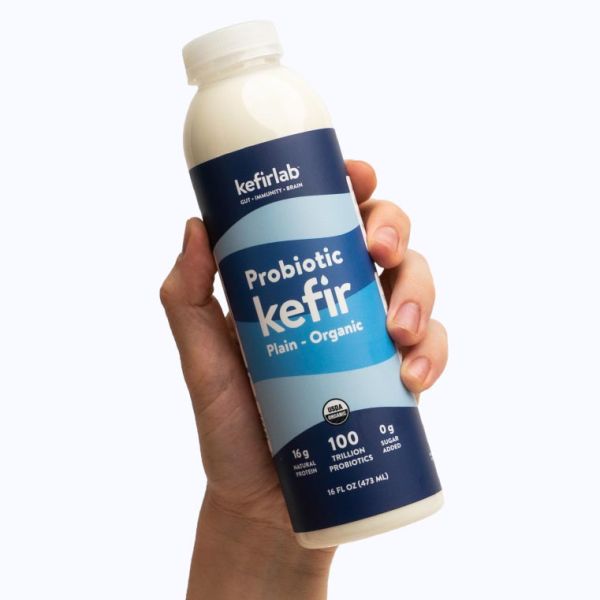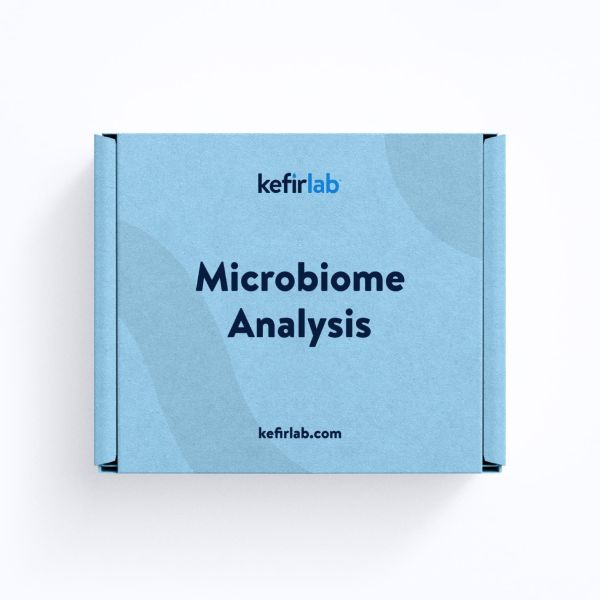At KefirLab, we are committed to providing high-quality, scientifically backed probiotic formulations that support gut health, immunity, and overall well-being.
As part of that commitment, we ensure transparency in how our products are made, the research behind them, and the regulatory standards we adhere to.
How Probiotics Are Regulated
Probiotics are classified as dietary supplements in many countries, including the United States and Canada.
This means they fall under specific regulatory frameworks that differ from pharmaceuticals. In the U.S., the Food and Drug Administration (FDA) oversees dietary supplements under the Dietary Supplement Health and Education Act (DSHEA) of 1994.
In Canada, probiotics are regulated as Natural Health Products (NHPs) under Health Canada’s Natural and Non-Prescription Health Products Directorate (NNHPD).
Unlike pharmaceuticals, which require premarket approval, dietary supplements do not need FDA or Health Canada approval before being sold.
However, manufacturers are responsible for ensuring their products are safe, properly labeled, and supported by scientific evidence.
The FDA and Health Canada monitor supplements through post-market surveillance, enforcing regulations on mislabeling, contamination, and false claims.
Science-Backed Claims at KefirLab
We believe in the power of probiotics, and our claims are rooted in scientific research. Every statement we make about the benefits of our probiotics is supported by clinical studies on specific probiotic strains.
While regulations prevent supplement companies from making drug-like claims (such as curing or treating diseases), we ensure that our statements about digestive health, immune function, and microbiome balance are substantiated by peer-reviewed research.
For example, studies have demonstrated that certain probiotic strains can:
- Support digestive health by promoting a balanced gut microbiome
- Help maintain immune system function
- Aid in nutrient absorption and gut barrier integrity
- Support overall well-being by influencing the gut-brain axis
Our commitment to scientific rigor ensures that we use strains with documented health benefits, based on human clinical trials, rather than general assumptions about probiotics.
Quality & Transparency
At KefirLab, we go beyond regulatory requirements to deliver the highest quality probiotics. Our products undergo rigorous testing for purity, potency, and strain viability.
We adhere to Current Good Manufacturing Practices (cGMPs) to ensure consistency and safety, and we provide full transparency regarding the strains we use and the scientific evidence behind them.
We understand that trust is earned, and we remain dedicated to offering products backed by both tradition and cutting-edge microbiome research.
For more information on each strain, visit our strain page to explore the studies supporting our probiotic formulations.




Hello, two weeks ago I have bought the « kefir de coco » because I have heard so many goods things about your product.
Well, I m an elderly woman diagnostiqué with SIBO. I want to get rid of that painful illness . My question is: Can i drink more than 4 onces at night or do I need more ?
You can indeed drink more than 4 ounces at night, but it doesn’t necessarily mean your body will absorb all the probiotics. It’s often more effective to have a smaller amount, such as a shot, or to split your intake into 2-4 servings throughout the day.
I may have take a round of antibiotics for a sinus infection I can’t seem to shake. Augmentin, is what has been prescribed to me and is notorious for causing upset stomach. How should I go about incorporating this into the week I would have to take it? Should I take this kefir with the anti biotic, or wait a couple of hours. I only ordered the 9 pack. Should I order more?
Yes, it’s true! Antibiotics can upset your gut microbiome, and taking kefir a few hours after each dose helps restore beneficial bacteria. A 2-week course of probiotics is ideal for supporting recovery and maintaining gut health.